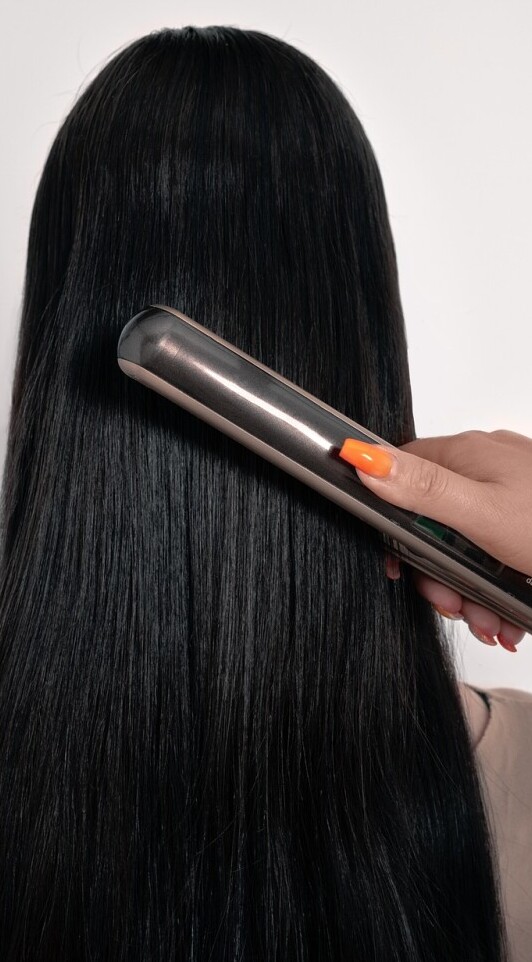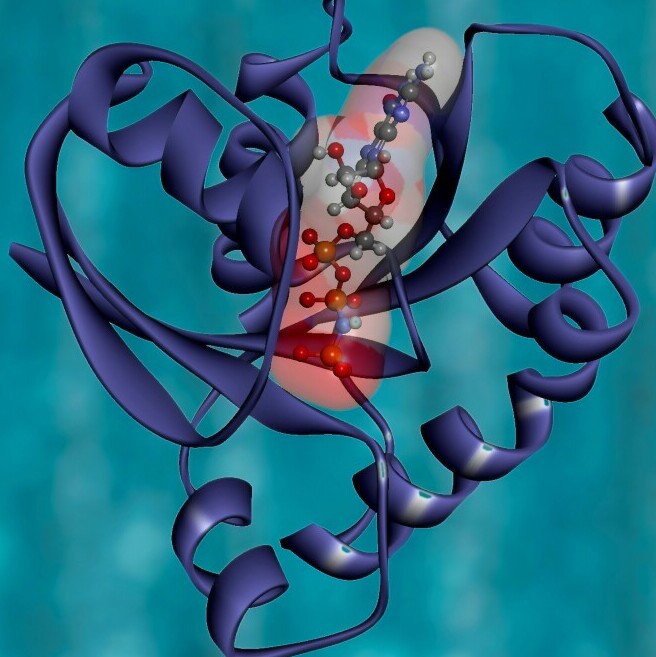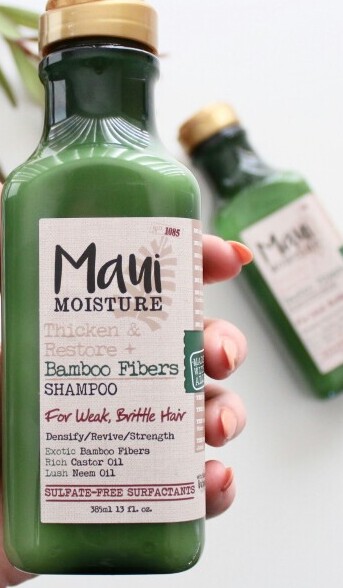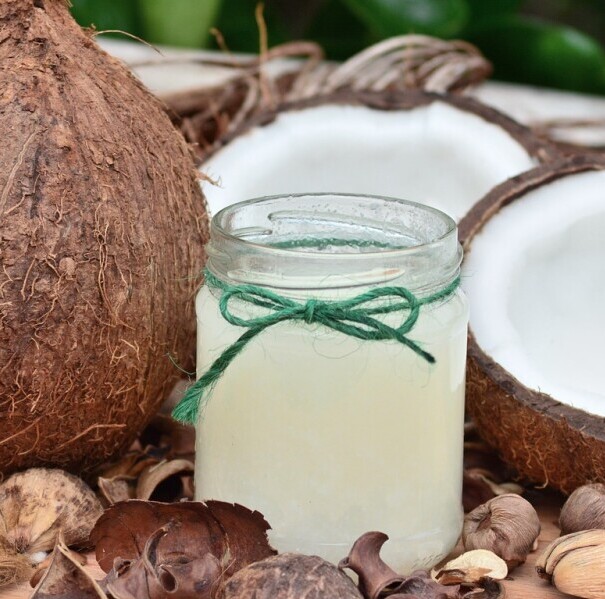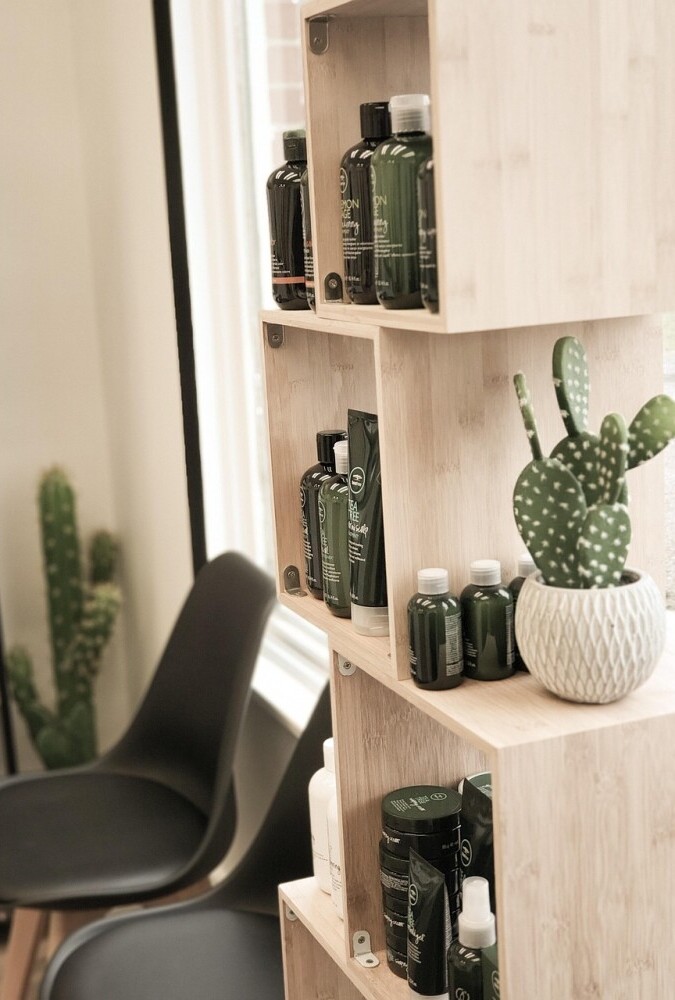Carcinogens – yeah, those nasty little culprits hiding in plain sight. They’re chemicals that can potentially cause cancer, and believe it or not, they’re lurking in some of your everyday hair products. For those of us dedicated to rocking our natural locks, finding hair care products that nourish without the risk is more than just a nice-to-have – it’s a must-have.
In recent times, there’s been a major shift in the hair care world towards choosing safer, more natural products. Why? Well, more folks like you and me are clued into the long-term health implications of the stuff we slather on our scalps. There’s a good reason for this shift; no one wants to pamper their curls at the expense of their health.

So, here’s the scoop: natural hair care products that steer clear of carcinogens promise a safer experience for your strands. Plus, they often pack a punch with ingredients that work hand-in-hand with your hair’s natural texture, helping you wave goodbye to the frizz and dullness and say hello to vibrant and healthy curls.
It’s worth noting that consumers today are more informed—and vocal—about what they want in their hair care routines, mainly because they know that knowledge is power. So, when we talk about hair care without the carcinogenic nonsense, we’re also talking about a community that’s keen on transparency, protection, and embracing beauty that genuinely cares.
Top Carcinogen-Free Ingredients to Look For in Natural Hair Products
Finding the right stuff for your hair can feel like a serious quest. Many products out there include ingredients you really don’t want near your scalp or curls. Knowing which ingredients to look for—and which to avoid—makes all the difference in choosing truly safe and effective hair care.
First up, the no-go list: avoid nasties like formaldehyde, parabens, or phthalates. These chemicals might make products last longer or smell amazing, but they come with serious baggage. They are under investigation for their role as potential carcinogens, and that’s not something to be taken lightly.
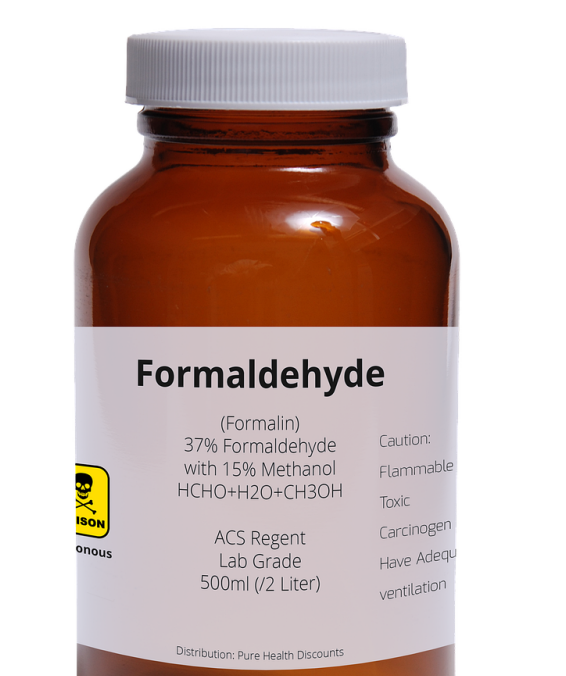
On the flip side, there’s a buffet of goodies your hair will absolutely love. Think natural oils like coconut, jojoba, and argan. These aren’t just fancy buzzwords; they’ve got the science to back up their benefits when it comes to hydration and scalp health. Shea butter also pops up frequently for its moisturizing prowess, giving curls that oomph they’re craving.
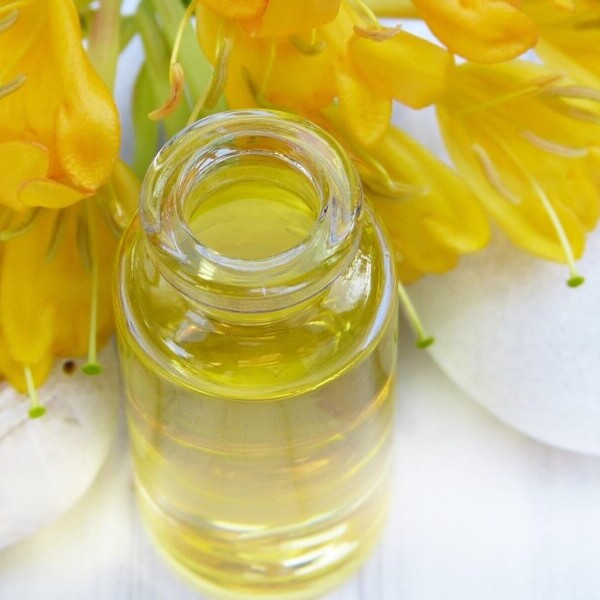
The secret sauce in great natural hair products is how they harness plant-based magic. Ingredients like aloe vera and green tea not only nourish but also act like natural shield against damage. Plus, these ingredients tend to be gentle, even on the most sensitive scalps.
When hunting for safer options, look for cruelty-free and vegan labels. They’re not only kinder to animals and the planet, but they also tend to use clean formulas that align with a carcinogen-free lifestyle. These products break away from the industry norm to offer solutions that result in hair looking and feeling fabulous without the worry.
Guidelines for Choosing Non-Carcinogenic Natural Hair Products
When you stand in the hair care aisle, ever feel overwhelmed by the choices? Maybe your head’s spinning from all the fancy labels and long ingredient lists. If so, you’re not alone. Let’s cut through the confusion with some practical advice. Start by reading labels like a pro. Avoid anything you can barely pronounce or that sounds suspiciously chemical; these might mask something not so great for your hair or health.
Eco-friendly certifications are your best friends here. These certifications are like a trust stamp; they tell you whether a brand is being honest about keeping its products clean and green. Think USDA Organic, Leaping Bunny, or even EcoCert. They’re not just fluff – they mean business when it comes to stricter regulations and better ingredients.

But shopping for safe products doesn’t mean you’re stuck with expensive options or have to compromise on hair goals. Efficient use of products can enhance their benefits. Sometimes, less truly is more. A quality leave-in conditioner or curl cream that doesn’t coat your hair with unwanted chemicals might be all you need.
To find brands you can trust, look for those with nothing to hide. Brands that proudly showcase their entire ingredient list are the ones doing it right. They’re often involved in the community and have regular feedback from users like you, making them more open to transparency. Top-notch customer service doesn’t hurt, too, especially when you’ve got questions to ask or things to clarify.
Reviews & Recommendations: Best Products for Your Natural Hair
Finding the right product feels like discovering a hidden gem; it makes every wash day a celebration rather than a chore. With so many brands pledging to offer non-toxic solutions, I’m here to help you sort the stars from the duds.
Start with SheaMoisture’s Coconut & Hibiscus Curl Enhancing Smoothie. It’s a crowd fave, packed with natural ingredients like coconut oil and shea butter, bringing moisture and definition to your curls without harmful chemicals.
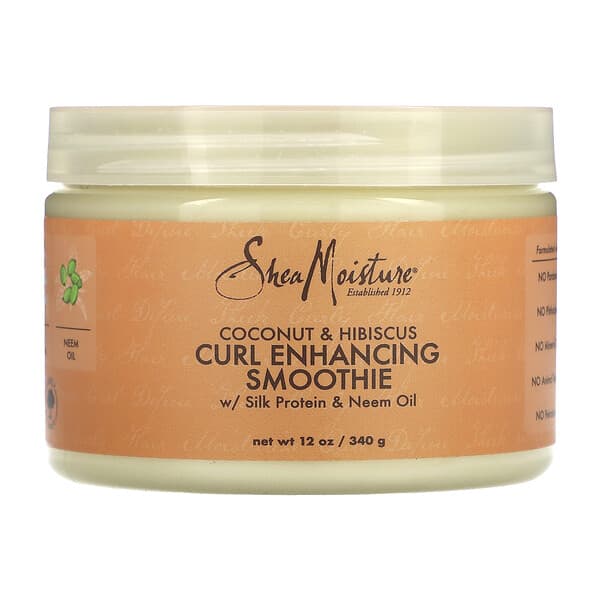
Another standout is Alikay Naturals’ Lemongrass Leave-In Conditioner. Known for using botanical herbs and oils, it combines efficacy with safety, proving you don’t need to compromise health for luscious locks.

For a wallet-friendly option, check out Maui Moisture’s Heal & Hydrate + Shea Butter Hair Mask. Infused with aloe vera juice and shea butter, this revitalizing treatment nourishes and repairs, leaving hair soft and strong.
Online reviews can also be your personal scouting fleet. Users often share candid stories from their hair journey—successes, and all—offering insight that brand advertising can’t offer. You get recommendations and warnings, saving you time and cash.
When it comes to shopping, consider checking out platforms that specialize in clean beauty like Credo or The Detox Market. They’ve got stringent selection processes to weed out less-than-stellar products, and usually, user reviews are part of their inventory display, offering transparency into real-world results.
Natural hair care that avoids carcinogens isn’t just a trend; it’s a movement toward self-care that’s as informed as it is rewarding. Finding the right products will not only help you embrace your curls but will also mean you’re making choices you can stand by.

